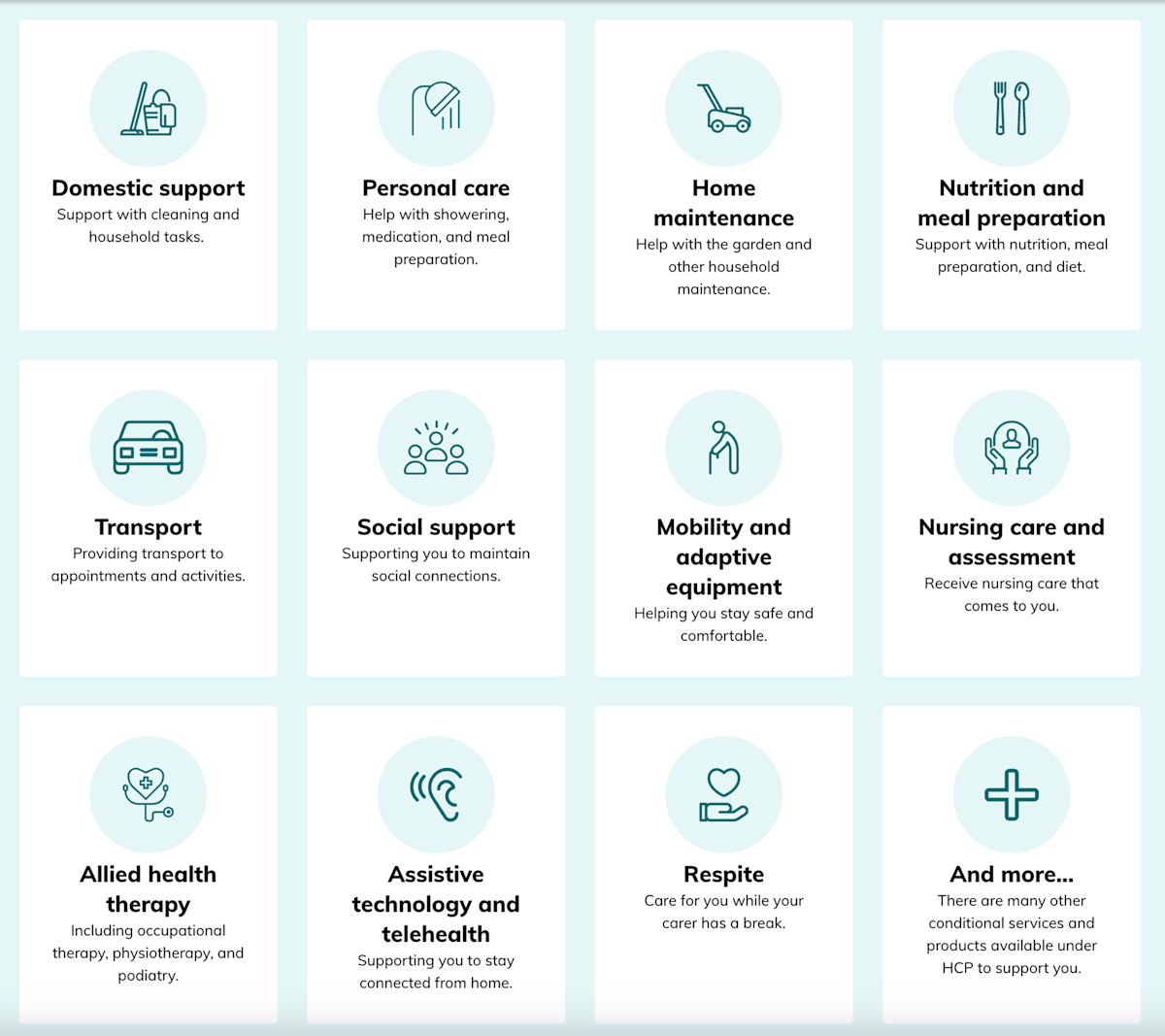Unexpected gains of quality support at home
Unexpected gains of quality support at home
Blog Article
All Concerning Home Care Services for People With Disabilities: NDIS Registered Assistance
Home treatment services under the NDIS play a pivotal function in supporting people with specials needs. These solutions are designed to enhance everyday living with customized aid, ranging from personal like movement assistance. Understanding how to navigate these options can be intricate. This introduction explores the different facets of NDIS home care, from offered solutions to the option of suppliers, highlighting crucial considerations for those looking for assistance. The trip towards encouraged care begins below.
Understanding the NDIS and Its Function
The National Impairment Insurance Policy Scheme (NDIS) acts as a transformative framework created to give assistance and services for people with handicaps. Established to improve the quality of life and guarantee fair accessibility to vital resources, the NDIS encourages individuals by providing personalized plans tailored to their unique requirements. It aims to promote independence, making it possible for people to seek their individual objectives and aspirations.Through an organized technique, the NDIS allocates funding for different assistances, including education, employment help, and area participation. This all-inclusive scheme not just focuses on instant treatment however also emphasizes lasting developmental outcomes. By promoting choice and control, the NDIS motivates individuals to choose their preferred provider, assuring that care aligns with their values and preferences. Inevitably, the NDIS represents a considerable dedication to improving the lives of individuals with specials needs, fostering inclusivity, and developing a more encouraging society.
Sorts Of Home Care Solutions Available
Different kinds of home care services satisfy individuals with handicaps, mostly concentrating on personal care support and respite care alternatives. Personal care aid offers essential support with day-to-day tasks, while respite care provides short-lived alleviation for primary caregivers. Understanding these services is crucial for guaranteeing the health of both individuals with impairments and their families.
Personal Treatment Help
While maneuvering everyday life can offer challenges for individuals with impairments, individual treatment support supplies necessary assistance customized to their one-of-a-kind demands. This sort of home treatment solution incorporates a variety of tasks created to advertise self-reliance and improve lifestyle. Individual treatment aides aid with daily tasks such as showering, dressing, grooming, and toileting, ensuring people keep personal hygiene and comfort. They may additionally aid with dish preparation, medicine management, and flexibility assistance. By supplying customized care, these professionals encourage people to involve more fully in their social tasks and everyday regimens. In general, individual treatment help plays a significant role in fostering self-respect and freedom for those with specials needs, allowing them to prosper in their home environment.

Reprieve Care Options
Respite treatment functions as a necessary source for households and caregivers of people with impairments, giving temporary remedy for the demands of daily caregiving. This type of service can take various forms, including in-home reprieve care, where skilled professionals visit the home to aid with treatment tasks. Conversely, families may select facility-based reprieve treatment, where individuals receive care in a specialized setting, permitting caretakers to pause. Additionally, some companies use emergency reprieve solutions for unanticipated situations. These options not only assist reduce caregiver stress yet likewise advertise the well-being of individuals with disabilities by supplying them brand-new experiences and social communication. Overall, break care plays a crucial function in sustaining both caretakers and those they take care of.

Exactly How to Accessibility NDIS Home Care Solutions
Accessing NDIS home treatment solutions involves recognizing the eligibility requirements established forth by the National Impairment Insurance Coverage System. Individuals have to navigate a structured application procedure to safeguard the needed assistance customized to their demands. This section will certainly make clear both the qualification requirements and the steps associated with requesting solutions.
Qualification Criteria Clarified
To receive NDIS home care solutions, individuals should satisfy certain qualification requirements that examine their conditions and demands. Applicants have to be matured between 7 and 65 years and have a long-term and substantial special needs that influences their ability to execute everyday tasks. Furthermore, they should be an Australian resident, a long-term citizen, or hold a Protected reference Special Group Visa. The NDIS calls for evidence of the special needs, usually via medical analyses or reports. Individuals should demonstrate that they need assistance to take part in financial and social life. These requirements guarantee that solutions are guided towards those that genuinely require support, promoting freedom and boosted high quality of life for people with specials needs.
Application Process Actions
Can I Pick My Very Own Assistance Employees With NDIS?
The individual made inquiries whether they can choose their own assistance employees under the NDIS structure. Usually, individuals have the adaptability to pick assistance workers, promoting individualized care that straightens with their certain requirements and preferences.
What Occurs if My Needs Adjustment After Receiving Assistance?
If an individual's demands modification after obtaining support, they need to interact these adjustments to their service copyright. Adjustments can be made to the care plan, guaranteeing that the assistance remains efficient and relevant for their scenarios.

Exist Restricts on Just How Many Hours of Care I Can Get?
The private made inquiries about prospective restrictions on the variety of treatment hours received. Generally, such limits may exist based on particular policies or funding plans, stressing the value of reviewing arrangements and guidelines regularly.
Can I Use NDIS Funding for Home Modifications?
The question of using financing for home alterations emerges regularly. Usually, people might use NDIS funding for necessary modifications to their homes, making sure access and safety and security, set upon conference specific eligibility requirements and guidelines.
Exactly how Do I Deal with Grievances About My Home Treatment Providers?
To attend to problems regarding home care services, people need to initially record their problems. They can interact directly with their service provider, looking for resolution, or rise the concern to relevant oversight bodies if essential. Home treatment services under the NDIS play a pivotal function in supporting people with impairments. Various kinds of home care solutions cater to people with impairments, primarily concentrating on personal treatment assistance and break treatment choices. home care providers. Individual care assistance provides important support with daily tasks, while reprieve treatment offers temporary alleviation for main caregivers. Families might opt for facility-based respite care, where individuals obtain treatment in a specific setting, enabling caregivers to take a break. Just how can households successfully manage the monetary facets of home treatment solutions for individuals with disabilities?
Report this page